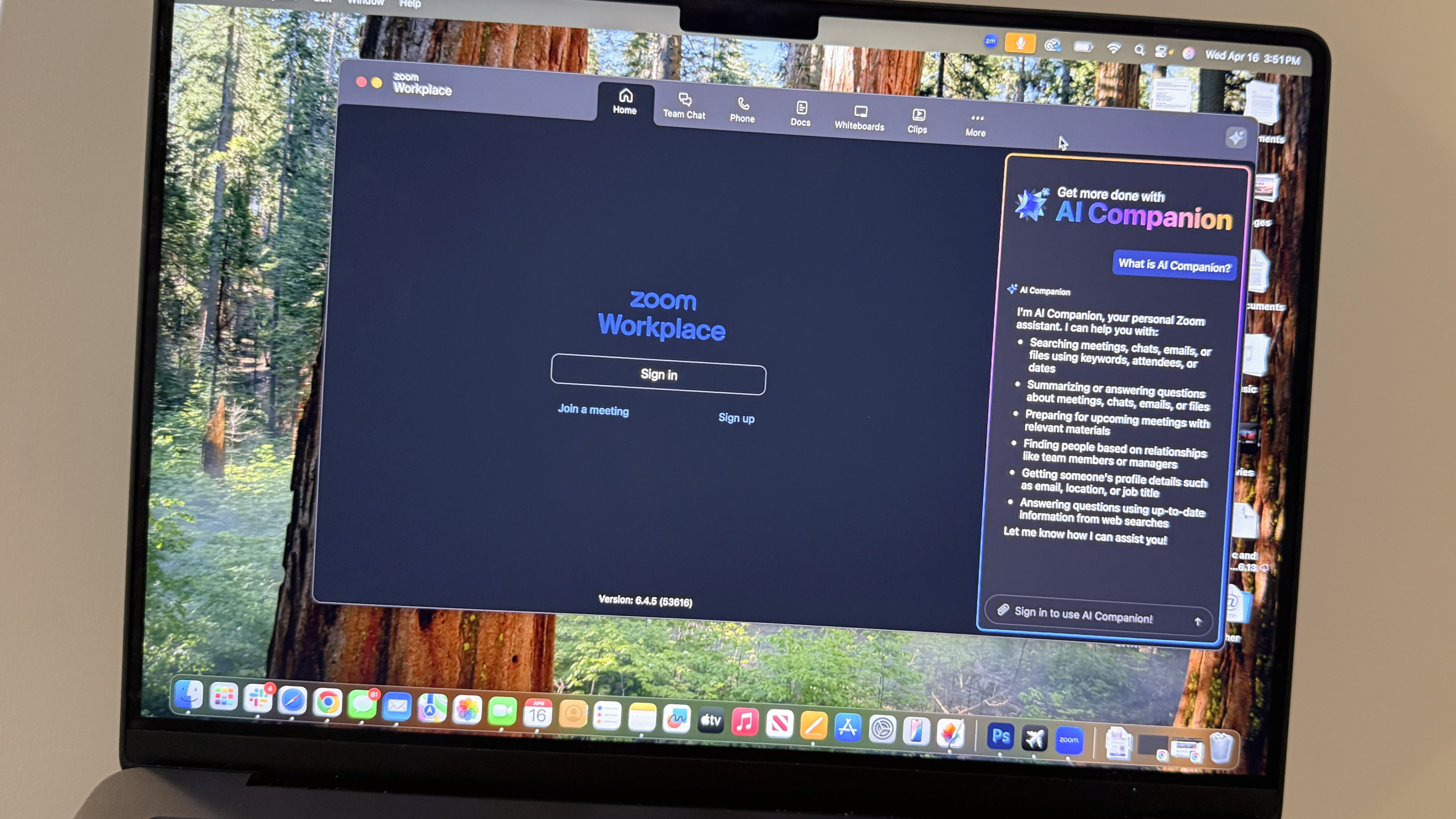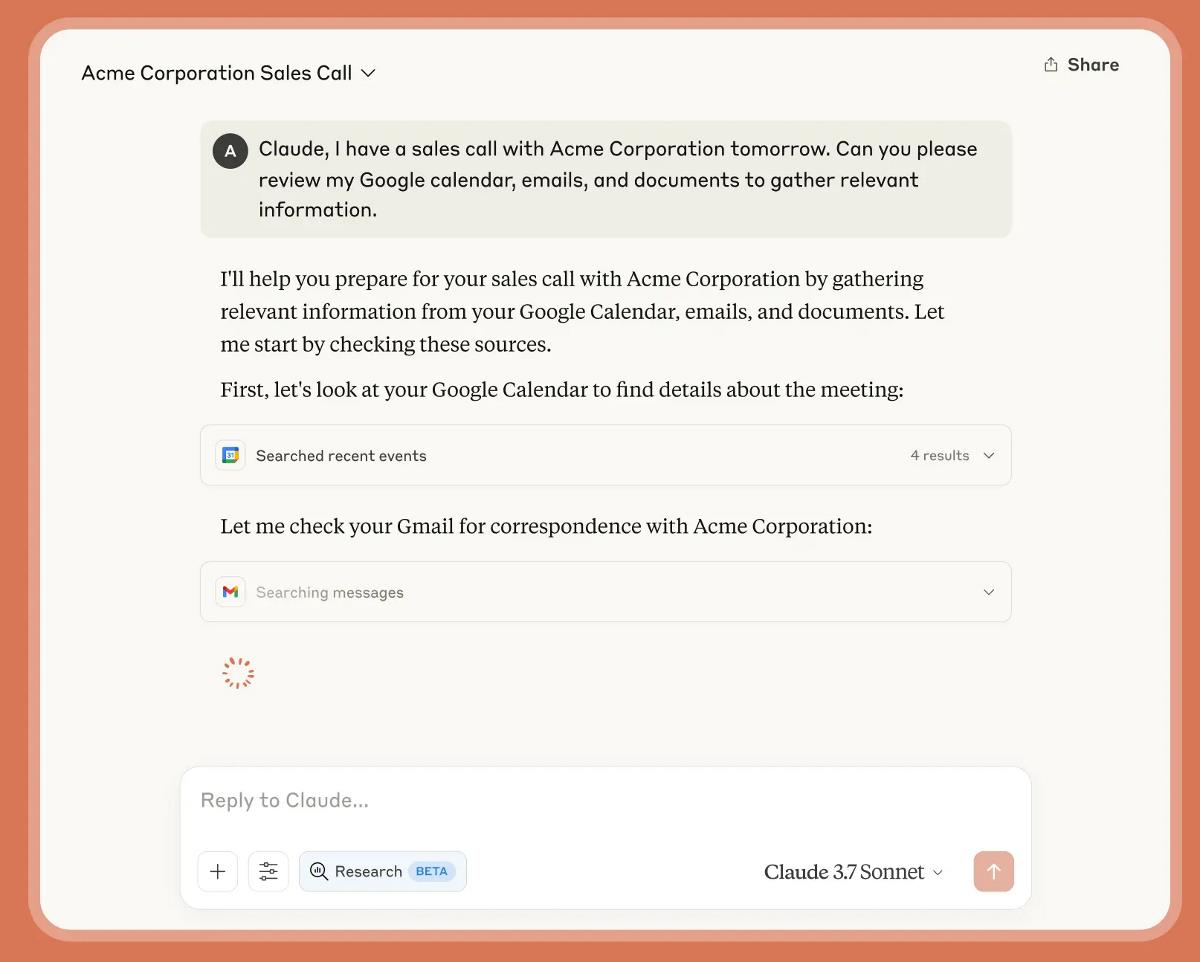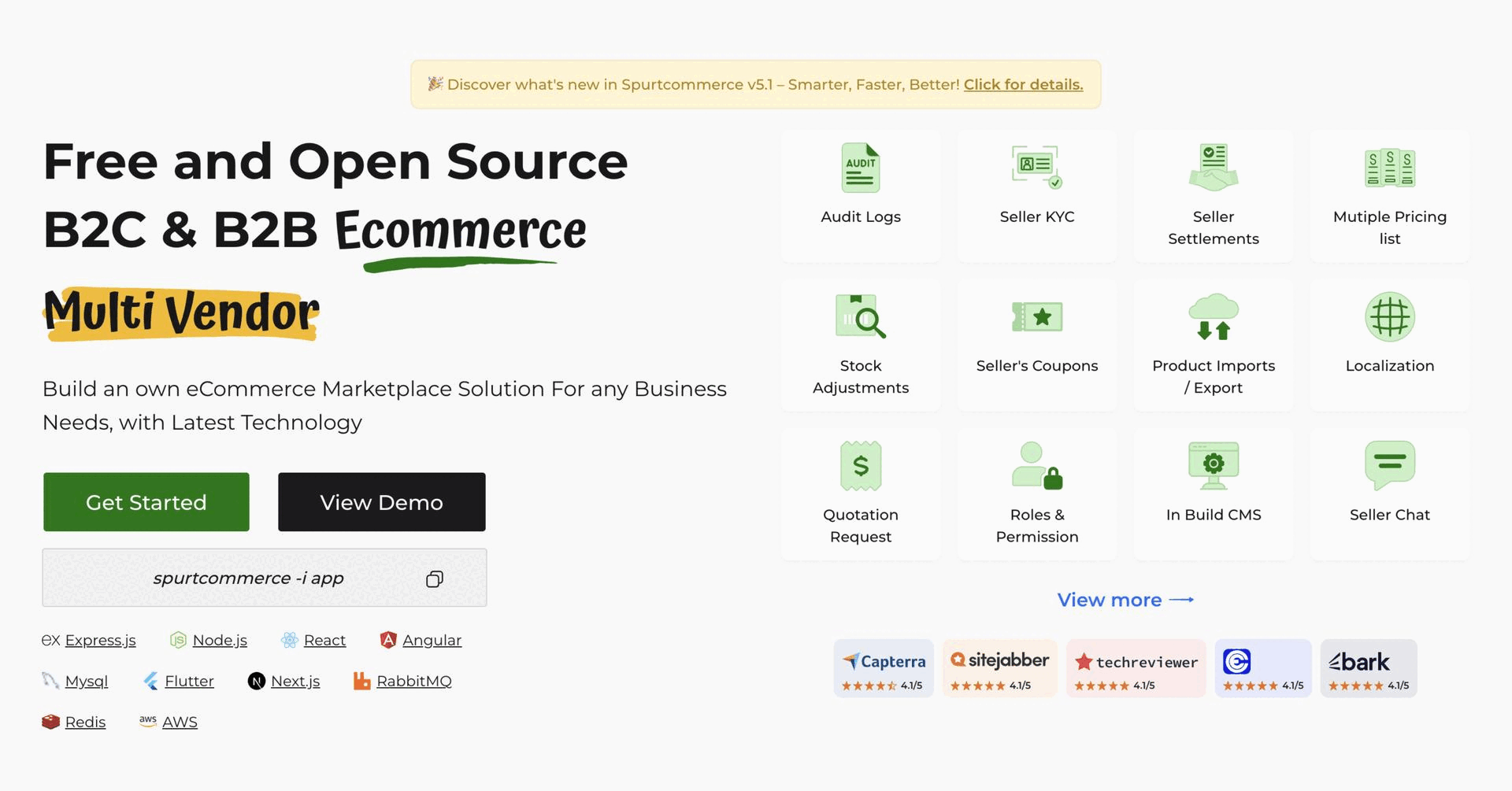Windows VPS vs Linux VPS: Which One Is Right for You?
When it comes to choosing a Virtual Private Server (VPS), two operating systems dominate the market—Windows VPS and Linux VPS. Whether you're launching a website, running applications, or managing development environments, picking the right VPS can make a big difference in performance, cost, and control. In this guide, we’ll break down the key differences between Windows VPS hosting and Linux VPS hosting, and help you decide which one is best for your needs. What Is a VPS? A VPS (Virtual Private Server) is a virtual machine that runs its own copy of an operating system. It offers more control, privacy, and resources than shared hosting, without the high cost of a dedicated server. Both Linux and Windows VPS hosting provide isolated environments with dedicated CPU, RAM, and storage—but they differ in how they operate, what they support, and who they're best suited for. Windows VPS Overview A Windows VPS runs on Microsoft’s Windows Server OS. It offers a graphical user interface (GUI) and is compatible with Microsoft technologies like ASP.NET, MSSQL, and Remote Desktop Protocol (RDP). Key Features: Full GUI interface RDP access Native support for .NET, MSSQL Easy integration with Windows-based software Linux VPS Overview A Linux VPS runs on open-source Linux distributions like Ubuntu, CentOS, or Debian. It’s known for its stability, speed, and cost-effectiveness. Most Linux VPS servers are managed via command line (SSH), but control panels like cPanel or Plesk can simplify management. Key Features: Open-source and free OS Command-line interface (CLI) Native support for PHP, MySQL, Python Widely used in web hosting environments Cost Comparison Windows VPS: Windows requires a paid license, so Windows VPS hosting tends to cost more. The license fee is included in your hosting price, which can bump up the monthly bill. Linux VPS: Linux is open-source and free to use, making Linux VPS hosting more affordable. You only pay for the server resources and not the operating system. Winner: Linux VPS Ease of Use Windows VPS: If you're used to Windows environments, the GUI on a Windows VPS makes it easy to manage files, install software, and run apps. RDP lets you access the server as if you were using your own PC. Linux VPS: Linux servers usually rely on command-line access, which can be intimidating for beginners. However, once learned, the CLI gives you powerful control. Control panels like cPanel and Webmin can make things easier. Winner: Windows VPS for beginners, Linux VPS for experienced users Performance and Resource Usage Windows VPS: The Windows OS is heavier and uses more system resources. Background processes and regular updates can slow things down slightly. Linux VPS: Linux is lightweight and efficient. It uses fewer resources, which means more processing power is available for your applications. Winner: Linux VPS Software Compatibility Windows VPS: If you're running applications built with ASP.NET, Visual Basic, or MSSQL databases, Windows VPS is the way to go. It integrates easily with Microsoft software like Exchange or SharePoint. Linux VPS: Linux is ideal for open-source stacks like LAMP (Linux, Apache, MySQL, PHP). If you're running WordPress, Joomla, or custom Python/PHP apps, Linux is a great choice. Winner: Depends on the software you need Security and Stability Windows VPS: Windows servers have improved security, but they’re still a bigger target for malware and viruses. Regular patching and antivirus software are essential. Linux VPS: Linux is widely considered more secure and stable, especially for long-term uptime. Its open-source nature means bugs and vulnerabilities are fixed quickly by the community. Winner: Linux VPS Support and Community Windows VPS: You get official support from Microsoft and most hosting providers. However, fixing issues may depend on your provider’s knowledge of Windows Server environments. Linux VPS: Linux has massive community support. Whether it’s a forum thread, GitHub repo, or Stack Overflow post, answers are easy to find. Some providers offer managed support for Linux too. Winner: Linux VPS (especially for developers) Use Case Scenarios Choose Windows VPS if: You need to run Windows-specific applications or .NET software You prefer GUI-based server management You're integrating with Microsoft systems (Exchange, Active Directory, etc.) Choose Linux VPS if: You're hosting websites with PHP, MySQL, Python, or Node.js You want a cost-effective, resource-efficient solution You’re comfortable with or willing to learn the command line Final Verdict: Windows VPS vs Linux VPS There’s no one-size-fits-all answer. Your choice depends on what you’re running and how comfortable you are with managing servers. Feature Winner Cost Linux VPS Ease of Use Windows VPS Performance Linux VPS Software Compatibility Tie (Depends) Security Linux VPS Support Linux VPS If you're running a .NET-based app, Windows VPS is your best bet
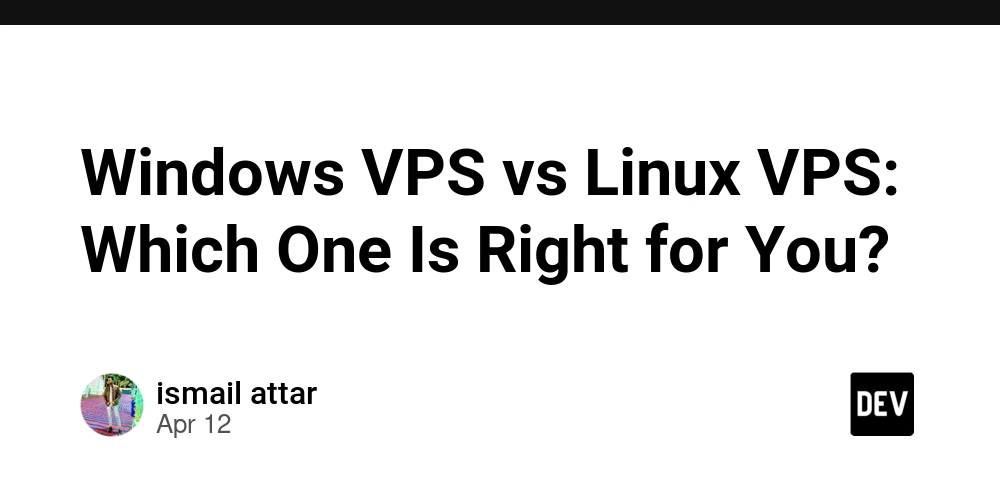
When it comes to choosing a Virtual Private Server (VPS), two operating systems dominate the market—Windows VPS and Linux VPS. Whether you're launching a website, running applications, or managing development environments, picking the right VPS can make a big difference in performance, cost, and control.
In this guide, we’ll break down the key differences between Windows VPS hosting and Linux VPS hosting, and help you decide which one is best for your needs.
What Is a VPS?
A VPS (Virtual Private Server) is a virtual machine that runs its own copy of an operating system. It offers more control, privacy, and resources than shared hosting, without the high cost of a dedicated server.
Both Linux and Windows VPS hosting provide isolated environments with dedicated CPU, RAM, and storage—but they differ in how they operate, what they support, and who they're best suited for.
Windows VPS Overview
A Windows VPS runs on Microsoft’s Windows Server OS. It offers a graphical user interface (GUI) and is compatible with Microsoft technologies like ASP.NET, MSSQL, and Remote Desktop Protocol (RDP).
Key Features:
Full GUI interface
RDP access
Native support for .NET, MSSQL
Easy integration with Windows-based software
Linux VPS Overview
A Linux VPS runs on open-source Linux distributions like Ubuntu, CentOS, or Debian. It’s known for its stability, speed, and cost-effectiveness. Most Linux VPS servers are managed via command line (SSH), but control panels like cPanel or Plesk can simplify management.
Key Features:
Open-source and free OS
Command-line interface (CLI)
Native support for PHP, MySQL, Python
Widely used in web hosting environments
- Cost Comparison Windows VPS: Windows requires a paid license, so Windows VPS hosting tends to cost more. The license fee is included in your hosting price, which can bump up the monthly bill.
Linux VPS:
Linux is open-source and free to use, making Linux VPS hosting more affordable. You only pay for the server resources and not the operating system.
Winner: Linux VPS
- Ease of Use Windows VPS: If you're used to Windows environments, the GUI on a Windows VPS makes it easy to manage files, install software, and run apps. RDP lets you access the server as if you were using your own PC.
Linux VPS:
Linux servers usually rely on command-line access, which can be intimidating for beginners. However, once learned, the CLI gives you powerful control. Control panels like cPanel and Webmin can make things easier.
Winner: Windows VPS for beginners, Linux VPS for experienced users
- Performance and Resource Usage Windows VPS: The Windows OS is heavier and uses more system resources. Background processes and regular updates can slow things down slightly.
Linux VPS:
Linux is lightweight and efficient. It uses fewer resources, which means more processing power is available for your applications.
Winner: Linux VPS
- Software Compatibility Windows VPS: If you're running applications built with ASP.NET, Visual Basic, or MSSQL databases, Windows VPS is the way to go. It integrates easily with Microsoft software like Exchange or SharePoint.
Linux VPS:
Linux is ideal for open-source stacks like LAMP (Linux, Apache, MySQL, PHP). If you're running WordPress, Joomla, or custom Python/PHP apps, Linux is a great choice.
Winner: Depends on the software you need
- Security and Stability Windows VPS: Windows servers have improved security, but they’re still a bigger target for malware and viruses. Regular patching and antivirus software are essential.
Linux VPS:
Linux is widely considered more secure and stable, especially for long-term uptime. Its open-source nature means bugs and vulnerabilities are fixed quickly by the community.
Winner: Linux VPS
- Support and Community Windows VPS: You get official support from Microsoft and most hosting providers. However, fixing issues may depend on your provider’s knowledge of Windows Server environments.
Linux VPS:
Linux has massive community support. Whether it’s a forum thread, GitHub repo, or Stack Overflow post, answers are easy to find. Some providers offer managed support for Linux too.
Winner: Linux VPS (especially for developers)
- Use Case Scenarios Choose Windows VPS if: You need to run Windows-specific applications or .NET software
You prefer GUI-based server management
You're integrating with Microsoft systems (Exchange, Active Directory, etc.)
Choose Linux VPS if:
You're hosting websites with PHP, MySQL, Python, or Node.js
You want a cost-effective, resource-efficient solution
You’re comfortable with or willing to learn the command line
Final Verdict: Windows VPS vs Linux VPS
There’s no one-size-fits-all answer. Your choice depends on what you’re running and how comfortable you are with managing servers.
Feature Winner
Cost Linux VPS
Ease of Use Windows VPS
Performance Linux VPS
Software Compatibility Tie (Depends)
Security Linux VPS
Support Linux VPS
If you're running a .NET-based app, Windows VPS is your best bet. But for most web hosting needs—especially open-source websites and apps—Linux VPS is the clear winner.
FAQs
Is Linux VPS better than Windows VPS?
It depends. Linux is generally faster, cheaper, and more secure, but Windows is better for .NET apps and those who prefer GUI-based management.Can I switch from Linux VPS to Windows VPS later?
Yes, but you’ll need to migrate your data and applications manually. Some hosting providers offer migration services.Do I need technical skills to manage a Linux VPS?
Basic command-line knowledge helps, but control panels like cPanel or Plesk make Linux VPS easier for beginners.
Conclusion
Choosing between Windows VPS and Linux VPS is all about understanding your needs. For cost efficiency, speed, and open-source compatibility, go with Linux VPS. If you’re running Microsoft-based software or prefer a familiar GUI, then Windows VPS is a solid choice.
Either way, VPS hosting gives you more power and control than shared hosting—and that’s a win in any case.
Let me know if you want this turned into a downloadable PDF, posted on WordPress, or customized for your niche (like SaaS, eCommerce, or development agencies)






















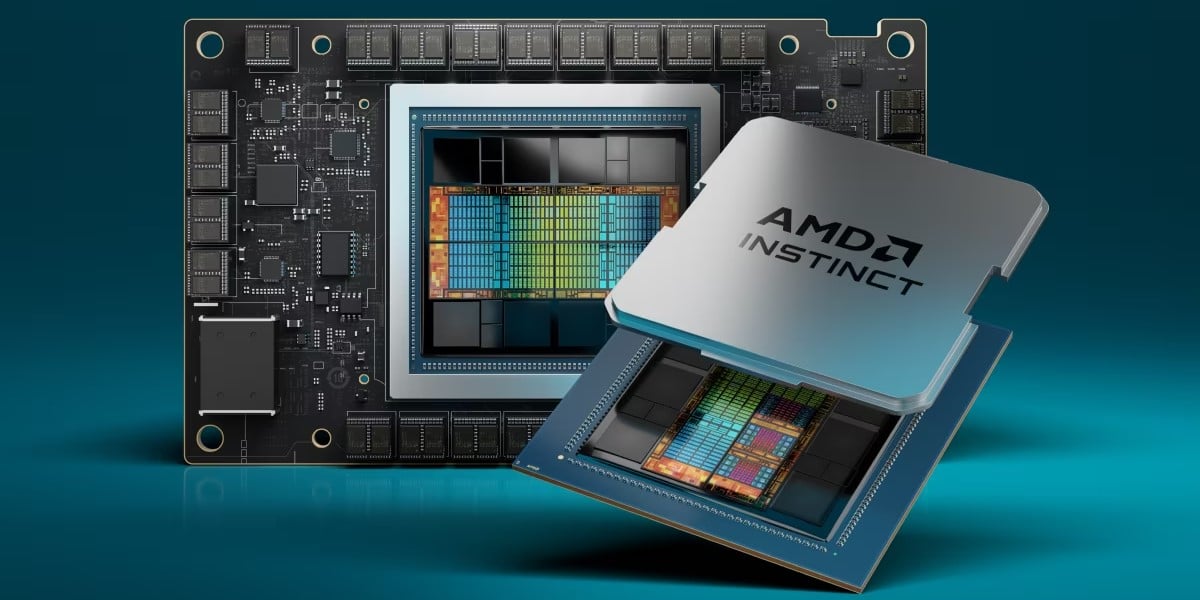
















































































































































![[The AI Show Episode 144]: ChatGPT’s New Memory, Shopify CEO’s Leaked “AI First” Memo, Google Cloud Next Releases, o3 and o4-mini Coming Soon & Llama 4’s Rocky Launch](https://www.marketingaiinstitute.com/hubfs/ep%20144%20cover.png)





































































































































































































![GrandChase tier list of the best characters available [April 2025]](https://media.pocketgamer.com/artwork/na-33057-1637756796/grandchase-ios-android-3rd-anniversary.jpg?#)










































.png?width=1920&height=1920&fit=bounds&quality=70&format=jpg&auto=webp#)














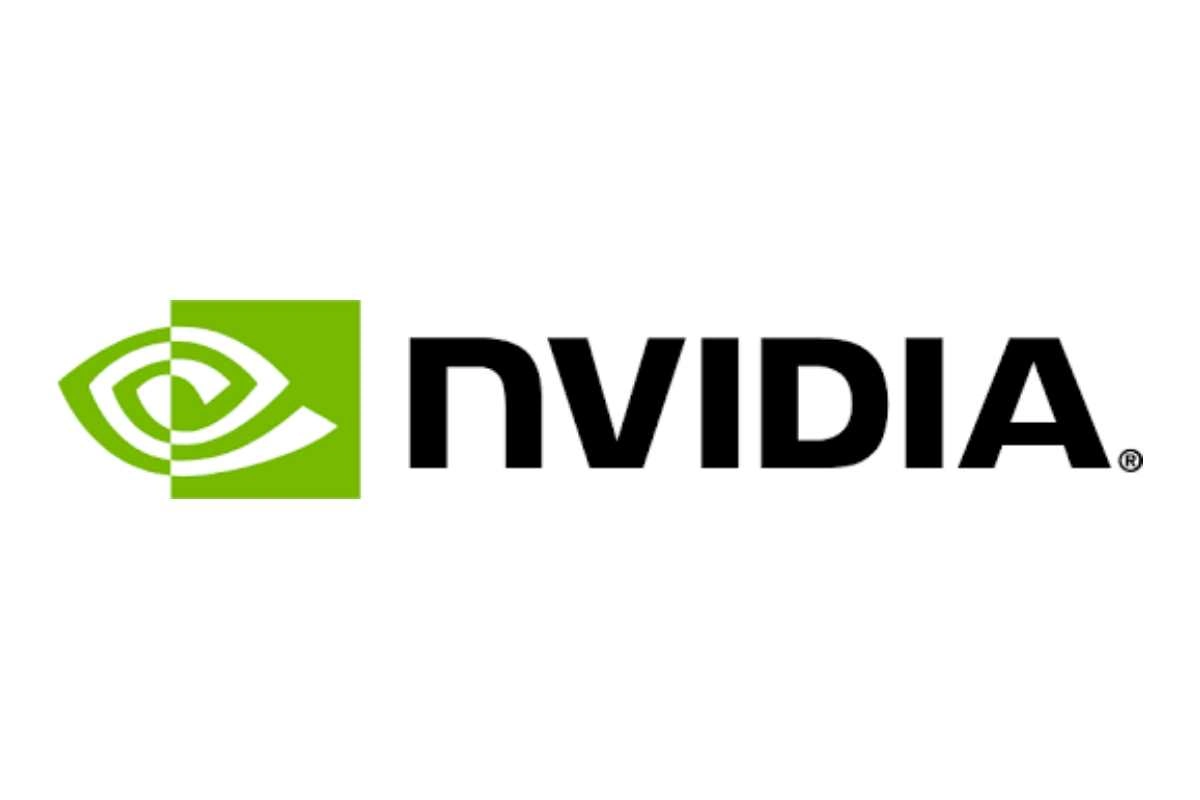







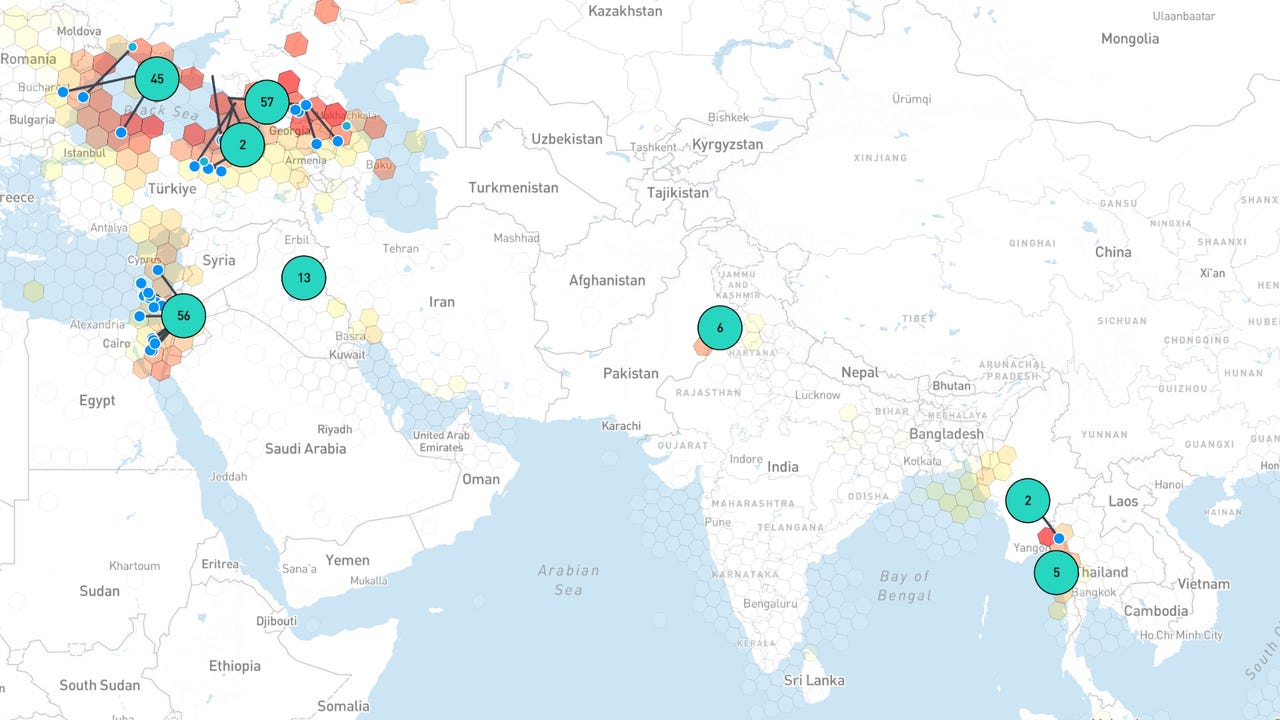












































































































![Apple M4 13-inch iPad Pro On Sale for $200 Off [Deal]](https://www.iclarified.com/images/news/97056/97056/97056-640.jpg)
![Apple Shares New 'Mac Does That' Ads for MacBook Pro [Video]](https://www.iclarified.com/images/news/97055/97055/97055-640.jpg)

















